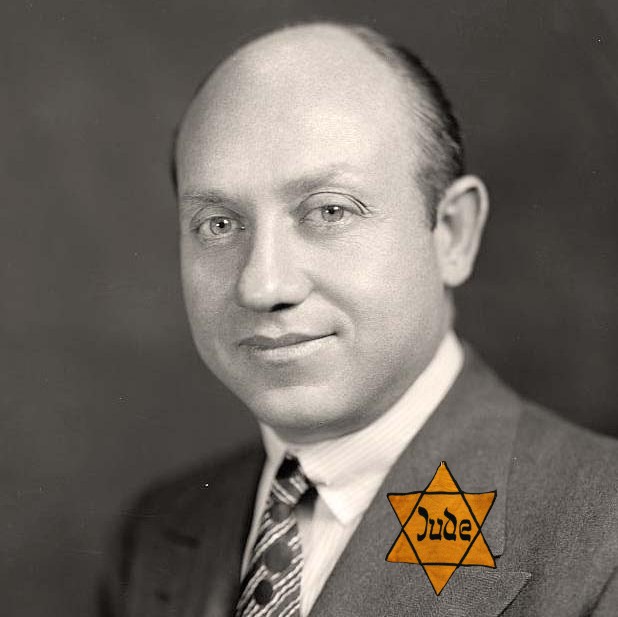Andrew Anglin
Daily Stormer
October 2, 2015

The Immigration and Nationality Act of 1965:
The Immigration and Nationality Act of 1965 (Pub.L. 89–236, 79 Stat. 911, enacted June 30, 1968), also known as the Hart–Celler Act, abolished the National Origins Formula that had been in place in the United States since the Emergency Quota Act of 1921. It was proposed by Representative Emanuel Celler of New York, co-sponsored by Senator Philip Hart of Michigan, and promoted by Senator Ted Kennedy of Massachusetts.
…
The 1965 act marked a radical break from the immigration policies of the past. The law as it stood then excluded Asians and Africans and preferred northern and western Europeans over southern and eastern ones.
…
Immigration changed U.S. demographics, opening the doors to immigrants from Asia, Africa, and the Middle East. The Latin American population has also dramatically increased since 1965, though this was more due to the various unexpected results of this act rather than due to this act itself
…
By the 1990s, America’s population growth was more than one-third driven by legal immigration and substantially augmented by illegal immigration, primarily from Latin America and other parts of the developing world.
…
Similarly, during the same time period the non-Hispanic white population in the United States decreased from 75 percent of the overall US population in 1990 to 70 percent in 2000 and finally to 63.4 percent during the year 2011.

Celler was born in Brooklyn, the son of Josephine (née Müller) and Henry H. Celler. All of his grandparents immigrated from Germany; his paternal grandparents and maternal grandmother were Jewish
…
Celler made his first important speech on the House floor during consideration of the Johnson Immigration Act of 1924. Three years earlier, Congress had imposed a quota that limited immigration for persons of any nationality to 3 percent of that nationality present in the United States in 1910, with an annual admission limit of 356,000 immigrants. This national origin system was structured to preserve the ethnic and religious identity of the United States by reducing immigration from Eastern and Southern Europe, thereby excluding many Jews, Catholics, Italians, and others. Celler was vehemently opposed to the Johnson act, which passed the isolationist Congress and was signed into law. Celler had found his cause and for the next four decades he vigorously spoke out in favor of eliminating the national origin quotas as a basis for immigration restriction.
…
In the 1940s, Celler opposed both the isolationists and the Franklin D. Roosevelt administration by forcefully advocating that the United States relax immigration laws on an emergency basis to rescue those fleeing the Holocaust. In 1943, he called President Franklin D. Roosevelt’s immigration policy “cold and cruel” and blasted the “glacier-like attitude” of the State Department.
…
Celler was involved in drafting and passing the Civil Rights Act of 1964, the Civil Rights Act of 1968 and the Voting Rights Act of 1965.
…
Also in 1965, he proposed and steered to passage the Hart-Celler Act, which eliminated national origins as a consideration for immigration. This was the culminating moment in Celler’s 41-year fight to overcome restriction on immigration to the United States based on national origin. The US Gun Control Act of 1968 directly evolved from Celler’s Bill H.R. 17735.
Who else was involved in all this?

Javits was born to Jewish parents, Ida (née Littman) and Morris Javits, a janitor, Javits grew up in a teeming Lower East Side tenement, and when not in school he helped his mother sell dry goods from a pushcart in the street.
…
Throughout his career in Congress, in the House and later in the Senate, Javits was part of a small group of liberal Republicans who were often isolated ideologically from their mainstream Republican colleagues. One scoring method found Javits to be the most liberal Republican to serve in either chamber of Congress between 1937 and 2002.
…
He was also one of the main forces behind the 1965 Immigration and Nationality Act that removed immigration quotas that favored Western European nations. Along with Dwight D. Eisenhower, he was among the first and most important statesmen in passing legislation promoting the cause of education for gifted individuals, and many know his name from the federal Jacob Javits Grants established for this purpose.
And who actually wrote the bill?
Norbert A. Schlei, key lawyer in the Kennedy and Johnson administrations who found legal underpinning for the 1962 blockade of Cuba, wrote landmark civil rights legislation and once waged a strong bid to replace an entrenched Republican California secretary of state, has died. He was 73.
…
Schlei was the principal draftsman of the Civil Rights Act of 1964, the Economic Opportunity Act of 1964, the Voting Rights Act of 1965 and the Immigration Reform Act of 1965.
Wow!
All these Jews!
What a weird coincidence!
Related: Ted Kennedy is not responsible for the Immigration Act of 1965
